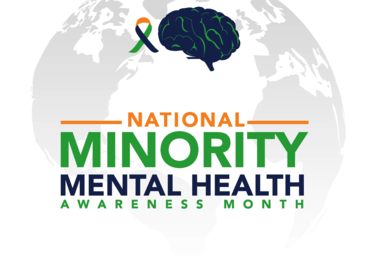What to Report?
Under the law, when the victim is a child (a person under the age of 18) and the perpetrator is any person (including a child), the following types of abuse must be reported by all legally mandated reporters:
Physical abuse (Penal Code-11165.6):
Any act which results in a non-accidental physical injury, including a situation where any person willfully inflicts upon any child any cruel or inhuman corporal punishment or injury resulting in a traumatic condition.
Neglect (PC 11165.2):
The negligent treatment or maltreatment of a child by a parent or caretaker under circumstances indicating harm or threatened harm to the child's health and welfare. The term includes both acts and omissions on the part of the responsible person, and may include the following:
- Inadequate food
- Inadequate clothing/hygiene
- Inadequate/hazardous shelter
- Inadequate supervision
- Inadequate medical/mental health care
- Caregiver absence/abandonment/incapacity
- Involving child in criminal activity
- Failure to protect
Severe neglect (Penal Code 11165.5):
The negligent failure of a caregiver to protect the child from severe malnutrition or medically diagnosed non-organic failure to thrive. Severe neglect also means those situations where any person having the care and custody of a child willfully causes or permits the health of the child to be endangered, including the intentional failure to provide adequate food, clothing, shelter, or medical care.
Emotional abuse (Penal Code 11165.3):
Caregiver actions, statements, or threats have led or are likely to lead to a child’s emotional damage (e.g., anxiety, depression, withdrawal), behavioral concerns (includes untoward aggressive behavior toward self or others), and/or adverse impact on the child’s emotional development (includes delayed speech development, abnormal attachment behaviors, impulse control behaviors). This includes exposure to domestic violence among household members.
Sexual abuse (Penal Code 11165.1):
When a child is abused for the sexual gratification of an adult or older adolescent. It includes: direct sexual contact; the adult or older person engaging in indecent exposure to a child with intent to gratify their own sexual desires, to intimidate or groom the child; asking or pressuring a child to engage in sexual activities; and displaying pornography to a child, or using a child to produce child pornography.
Commercial Sexual Exploitation of Children (CSEC) (Penal Code 11165.1):
Sexual activity involving a child in exchange for something of value, or promise of something of value, to the child or another person. The exchange may be monetary or non-monetary (e.g. for food, shelter, or goods). CSEC involves a child who is sexually trafficked, receives food or shelter in exchange for sexual acts, or is paid to perform sexual acts, AND whose parent or guardian failed or was unable to protect the child.



